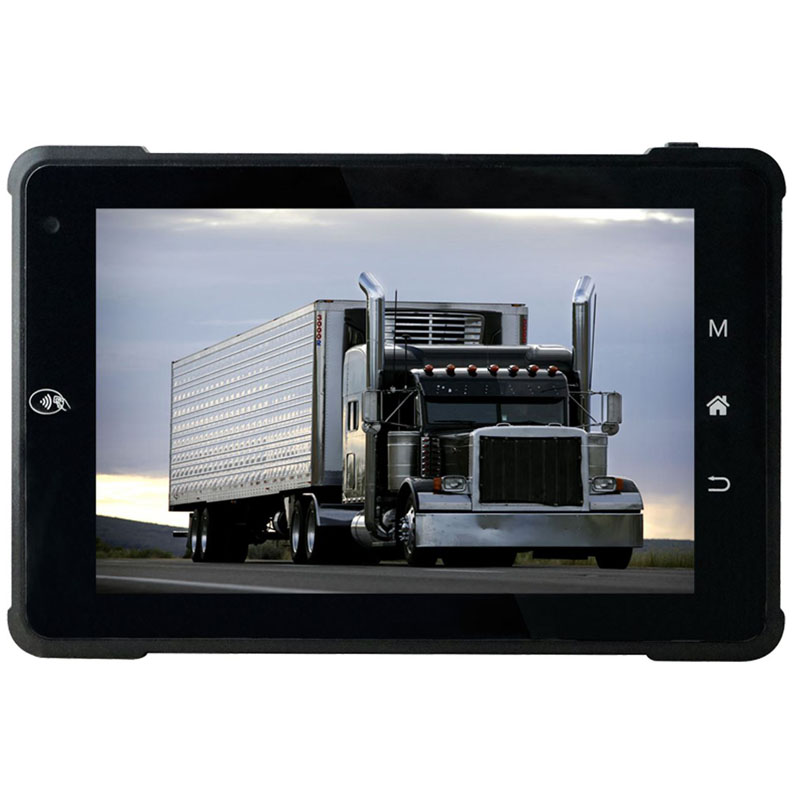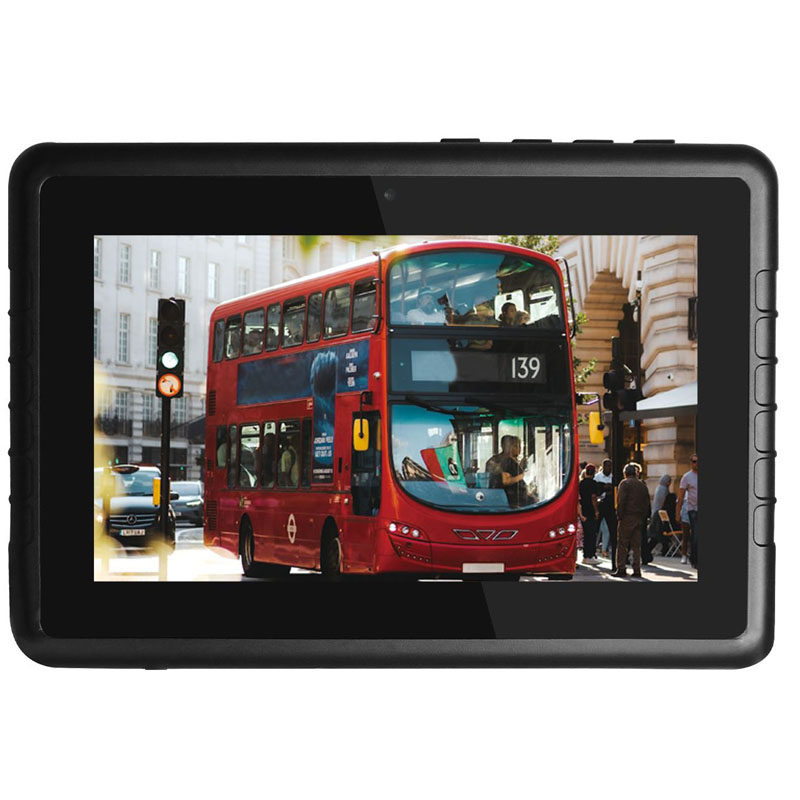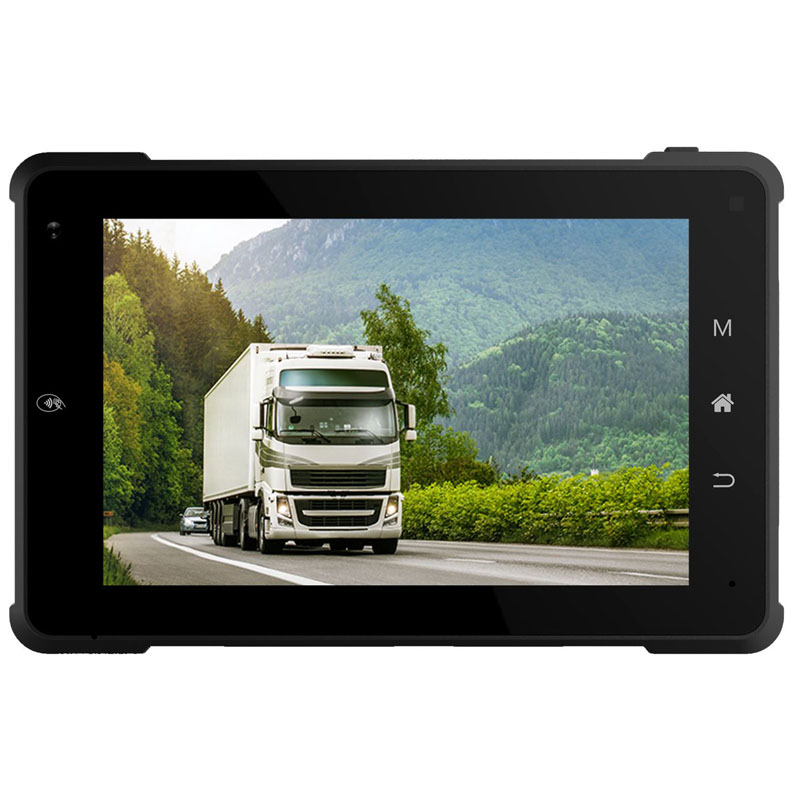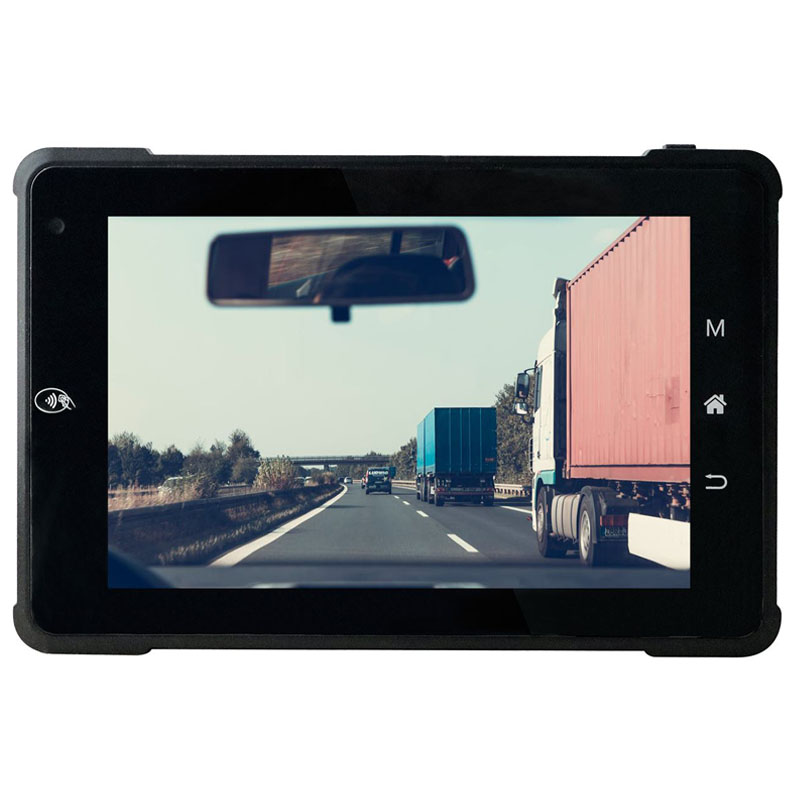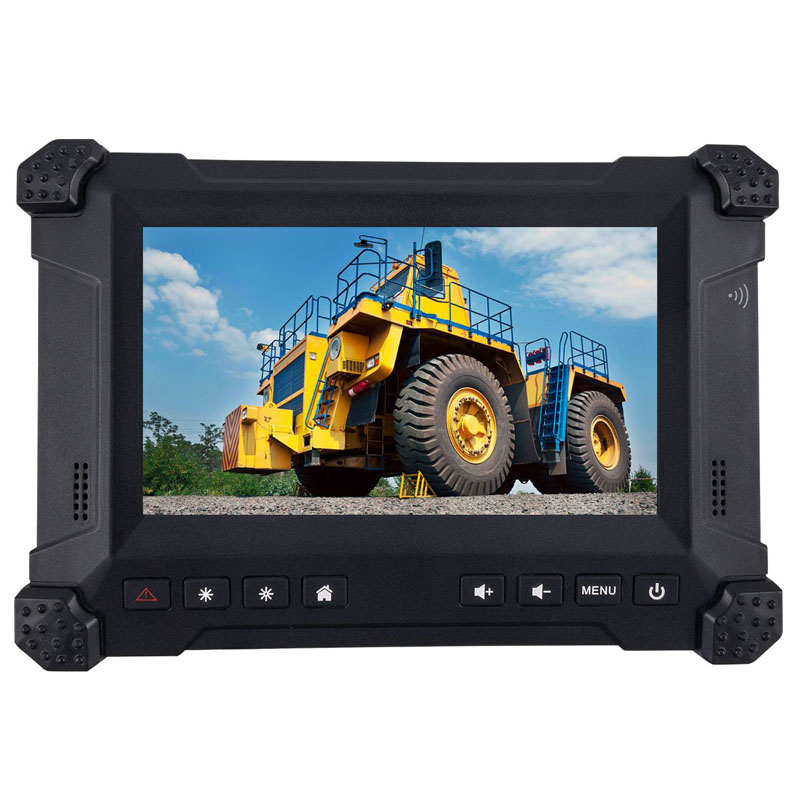Understanding Electronic Logging Devices (ELDs)
At Waysion, we are committed to providing comprehensive insights into Electronic Logging Devices (ELDs) to empower businesses with efficient fleet management solutions. In this article, we delve deep into the intricacies of ELDs, their functionality, benefits, and regulatory compliance, ensuring that you have all the necessary information to make informed decisions for your fleet operations.

What is Electronic Logging Devices (ELDs)?
Electronic Logging Devices (ELDs) is electronic solutions designed to automatically record a driver’s driving time and other relevant data, replacing traditional paper logbooks. These devices are essential tools for modern fleet management, offering accurate and real-time tracking of driver hours, vehicle movements, and compliance with Hours of Service (HOS) regulations.
How Do Electronic Logging Devices Work?
ELDs operate by connecting directly to a vehicle’s engine control module (ECM) to capture data such as engine hours, vehicle movement, and miles driven. Through intuitive interfaces, ELDs provide drivers and fleet managers with easy access to essential information, including driving status, remaining hours of service, and compliance alerts.
flowchart LR
A[Vehicle with ELD Installed] --> B{ELD Records Data}
B --> C[Engine Control Module (ECM)]
C --> D{Captures Engine Data}
D --> E{Records Vehicle Movements}
E --> F{Tracks Driving Time}
Benefits of Electronic Logging Devices
1. Enhanced Compliance
ELDs automate the recording of driver hours, ensuring compliance with HOS regulations set forth by the Federal Motor Carrier Safety Administration (FMCSA) and other regulatory bodies. By accurately tracking driving time and rest periods, ELDs help prevent violations and avoid costly penalties.
2. Improved Safety
By promoting adherence to HOS regulations, ELDs contribute to safer driving practices and reduced fatigue-related accidents. Real-time monitoring of driver hours allows fleet managers to identify potential fatigue risks and take proactive measures to ensure driver safety.
3. Operational Efficiency
The automation provided by ELDs streamlines administrative tasks associated with logging driver hours, reducing paperwork and manual data entry. This efficiency translates into increased productivity, allowing fleet managers to focus on strategic planning and optimization of fleet operations.
4. Accurate Reporting
ELDs generate detailed reports on driver hours, vehicle utilization, and compliance status, providing valuable insights for performance analysis and decision-making. With access to accurate and comprehensive data, fleet managers can identify trends, identify areas for improvement, and optimize resource allocation.

Regulatory Compliance with ELDs
The implementation of ELDs is governed by regulations such as the FMCSA’s ELD mandate, which requires commercial motor carriers and drivers to use certified ELDs for recording HOS. Compliance with these regulations is crucial for avoiding fines, maintaining operational integrity, and ensuring the safety of drivers and other road users.
FAQs (Frequently Asked Questions)
- How do Electronic Logging Devices (ELDs) benefit fleet management?
Electronic Logging Devices (ELDs) streamline operations, ensure compliance with regulatory requirements, and enhance overall efficiency by automating the recording of driver hours. - Are Electronic Logging Devices (ELDs) mandatory?
Yes, the Federal Motor Carrier Safety Administration (FMCSA) mandates the use of eld standards for commercial motor vehicles to track Hours of Service (HOS) compliance. - Can Electronic Logging Devices (ELDs) be integrated with existing fleet management systems?
Absolutely, Electronic Logging Devices (ELDs) can be seamlessly integrated with existing fleet management systems to enhance operational efficiency and streamline processes. - How do Electronic Logging Devices (ELDs) contribute to driver safety?
By accurately recording driving hours and ensuring compliance with Hours of Service (HOS) regulations, eld for trucks helps mitigate driver fatigue and promote safer driving practices. - What are the penalties for non-compliance with Electronic Logging Device (ELD) regulations?
Non-compliance with Electronic Logging Device (ELD) regulations can result in hefty fines, penalties, and potential suspension of commercial operations, underscoring the importance of adherence to regulatory requirements. - Can Electronic Logging Devices (ELDs) be used for vehicles other than commercial trucks?
While eld for trucks is primarily designed for commercial motor vehicles, they can also be utilized in various other contexts, such as public transportation fleets and utility vehicles.
Conclusion
In conclusion, Electronic Logging Devices (ELDs) play a vital role in modern fleet management, offering benefits such as enhanced compliance, improved safety, operational efficiency, and accurate reporting. By understanding the functionality and benefits of ELDs, businesses can optimize their fleet operations, ensure regulatory compliance, and achieve greater success in the transportation industry.


